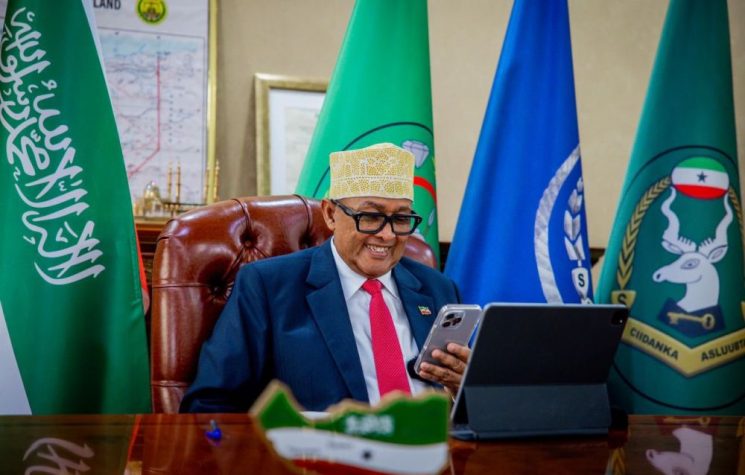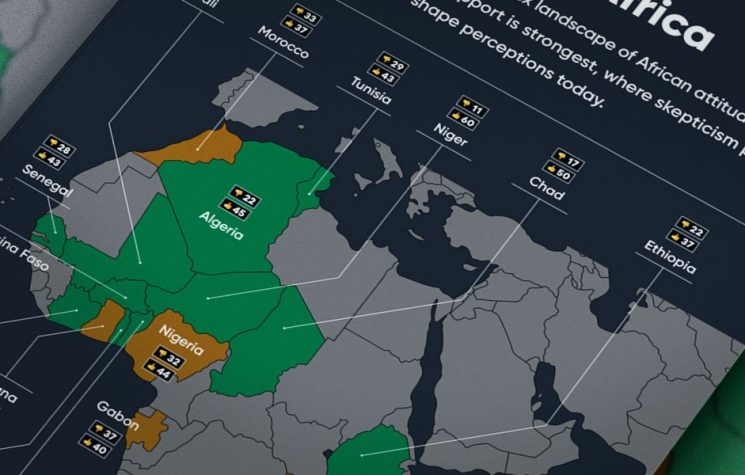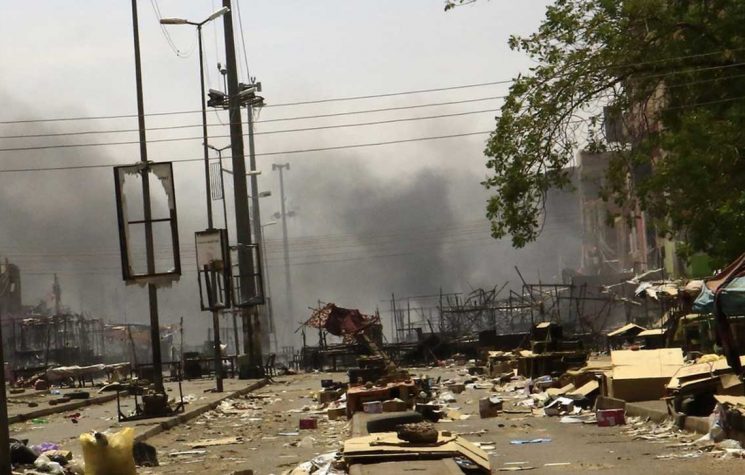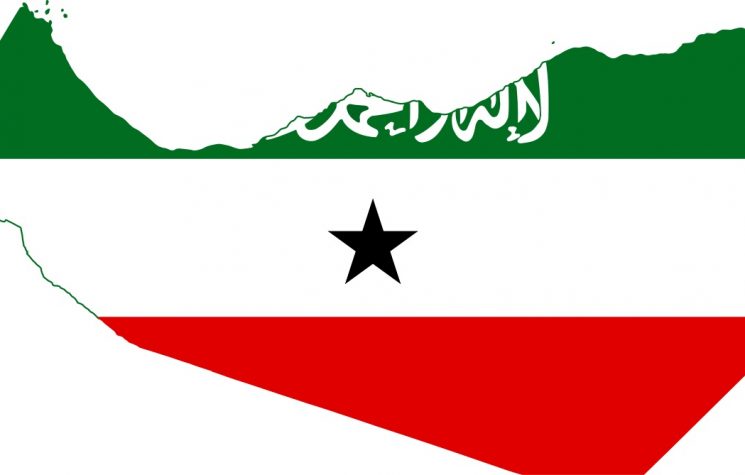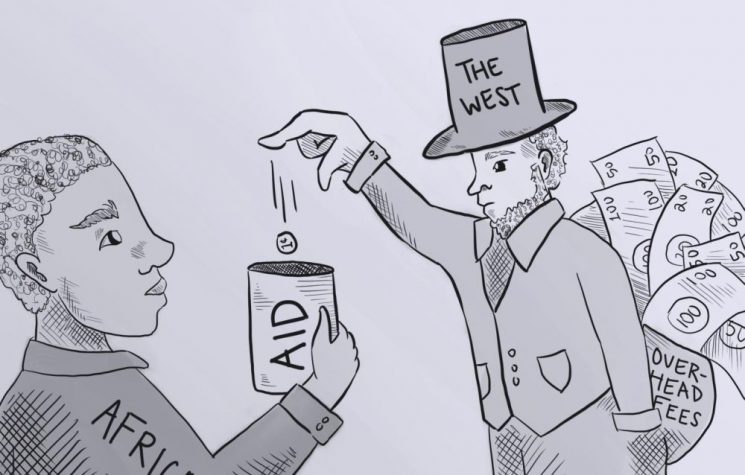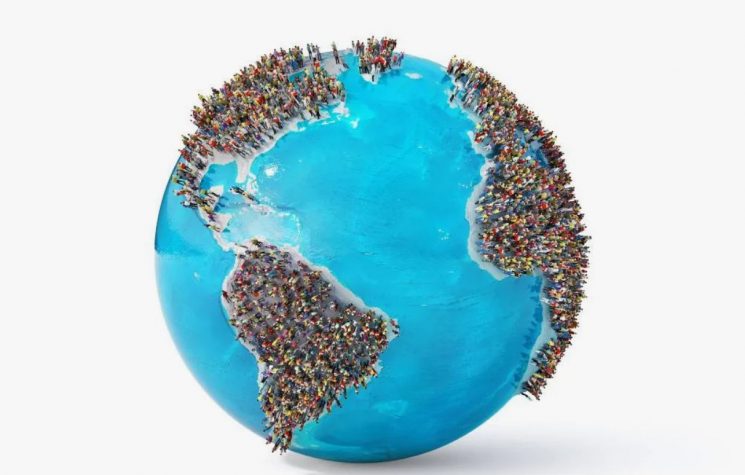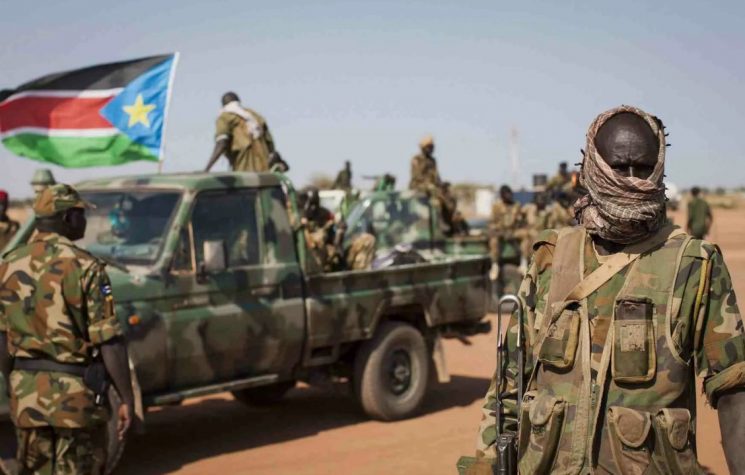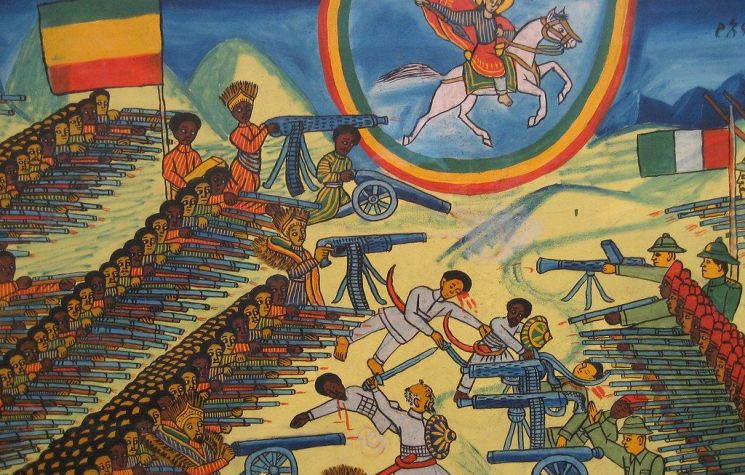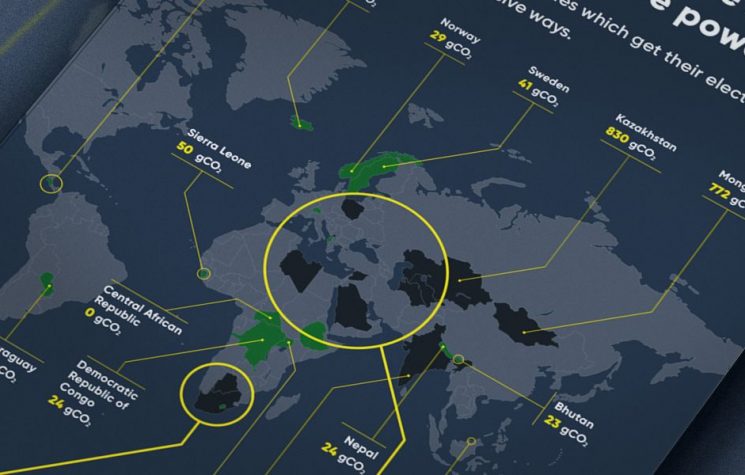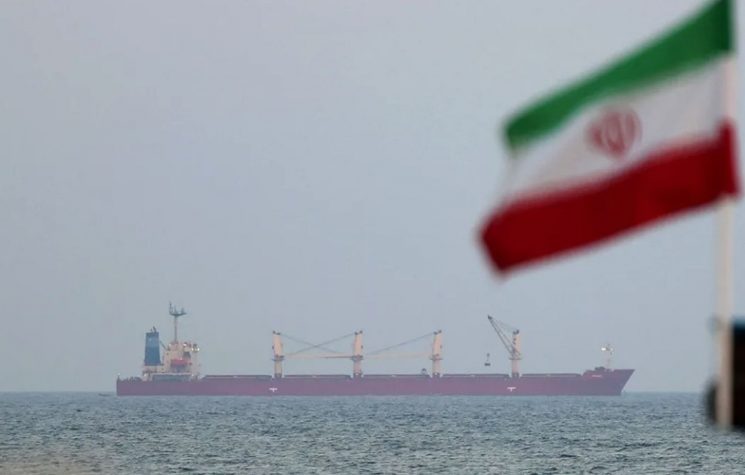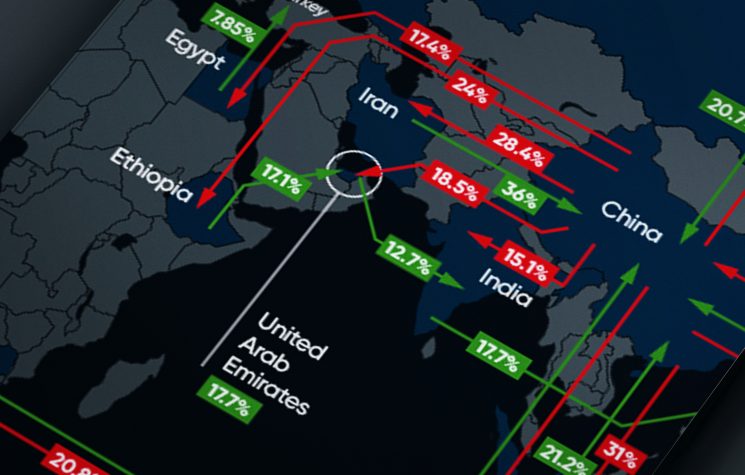Destabilizing the Horn of Africa is a strategy already known to the Anglo-American world to try to keep the region in a state of instability useful for commercial domination.
Contact us: info@strategic-culture.su
South Sudan finds no respite
In the Horn of Africa, two fragile peace processes are seriously threatened: internal power struggles in South Sudan and in the Ethiopian region of Tigray could turn into regional crises. In South Sudan, as was the case in 2013 at the beginning of the civil war, a competition is underway for the succession of the current president Salva Kiir, 73 years old. The latter seems to favor his son-in-law as his potential successor. Meanwhile, the Upper Nile region is shaken by clashes between the White Army, a Nuer militia, and the South Sudanese armed forces, with dramatic consequences, including the shooting down of a UN helicopter and the killing of a high-ranking general.
During the civil war between 2013 and 2018, the Armata Bianca fought alongside the Sudan People’s Liberation Army/Opposition Movement (SPLA-IO), led by the current First Vice-President Riek Machar. Today, tensions between Kiir and Machar are rising again, raising fears of a return to violence in a country already badly tried by decades of conflict.
South Sudan is on the brink of another civil war, the top United Nations official in the world’s youngest country warned on Monday, expressing concern over the government’s sudden decision to postpone the latest peace effort.
Describing the situation in the country as “grave”, Nicholas Haysom emphasized that international efforts to reach a peaceful solution can only be successful if President Salva Kiir and his former rival turned vice-president, Riek Machar, are willing to collaborate and put the interests of the population above their own.
When oil-rich South Sudan gained independence from Sudan in 2011 after a long conflict, expectations were high. However, the country slipped into a civil war in December 2013, fueled by ethnic divisions, with forces loyal to Kiir, a Dinka, fighting those loyal to Machar, a Nuer.
The conflict caused over 400,000 casualties before ending with a peace agreement in 2018, which led to the formation of a government of national unity with Kiir and Machar. The agreement called for elections in February 2023, which were subsequently postponed to December 2024 and then again to 2026.
The current tensions stem from clashes in the north of the country between government forces and a rebel group known as the White Army, believed to be close to Machar.
Earlier this month, a South Sudanese general was killed along with others when a United Nations helicopter, engaged in the evacuation of government soldiers from the city of Nasir – the scene of fighting in Upper Nile State – was hit by enemy fire. A few days earlier, on March 4th, the White Army had taken control of the Nasir military garrison, forcing government troops to surround the residence of Machar in the capital Juba and arrest several of his associates.
Nicholas Haysom, the UN envoy for Sudan, has stated that tensions and violence are increasing, especially as the elections approach and the political competition between the country’s key figures intensifies. According to him, the lack of trust between Kiir and Machar prevents them from exercising the leadership necessary to implement the 2018 peace agreement and guide South Sudan towards a stable and democratic future; he also emphasized that the rampant spread of disinformation, propaganda and hate speech is further exacerbating ethnic divisions and fueling fear. “Faced with this worrying situation”, said Haysom, ‘we can only conclude that South Sudan is at serious risk of relapsing into civil war’.
Haysom, who heads the UN peacekeeping mission in South Sudan, which has almost 18,000 members, warned that a return to open conflict would lead to the same horrors the country experienced in 2013 and 2016. The United Nations is taking the risk of the conflict becoming increasingly ethnic very seriously. To avert a new civil conflict, the UN special envoy has stated that the peacekeeping mission is intensifying diplomatic efforts, collaborating closely with international and regional partners, including the African Union.
The common message from the regional and international community is an appeal to Kiir and Machar to meet to resolve their differences, respect the 2018 peace agreement, maintain the ceasefire, release detained officials and address tensions through dialogue rather than military violence.
In Ethiopia, divisions within the TPLF and tensions with Eritrea continue
A few kilometers to the east, in Ethiopia, an internal crisis in the Tigray region risks fueling a wider conflict between the federal government in Addis Ababa and Eritrea. The Tigray People’s Liberation Front (TPLF), formerly the dominant party in Ethiopia and the main opponent of the government in the 2020-2022 war, is now divided into two factions: a conservative one led by President Debretsion Gebremichael, and a reformist one led by Getachew Reda, head of the Tigray Interim Regional Authority.
Debretsion’s faction controls a significant part of the Tigray armed forces and has progressively taken over local administrative structures, often by coercive means. It has also extended its influence over the media. Debretsion’s faction controls a significant part of the Tigray armed forces and has progressively taken over local administrative structures, often by coercive means. It has also extended its influence over the media and part of the government in the regional capital, Mekelle. This faction is believed to have links with Eritrea, while Getachew enjoys the support of Ethiopian Prime Minister Abiy Ahmed.
Relations between Ethiopia and Eritrea deteriorated after the Pretoria Agreement, which ended the war between the Ethiopian government and the TPLF in 2022. Both countries accuse each other of supporting opposition groups, increasing the risk of a new regional conflict.
In an attempt to calm rising tensions in the turbulent Tigray region, Ethiopia’s prime minister announced his intention to appoint a new leader for the area, after which he fled to the capital Addis Ababa earlier this month following a power struggle within the TPLF.
In an unprecedented move, Prime Minister Abiy Ahmed asked Tigrayans to propose via email who should be the new leader of the region and also announced that the mandate of the interim administration, initially planned for two years, will be extended for another year. Although Tigray now has the chance to choose its own leaders, Abiy is also sending a signal: “If the prime minister can appoint a president in the Tigray region, he can do so elsewhere too”.
Despite the signing of the peace agreement, Tigray continues to face difficulties, including delays in the disarmament of TPLF forces and serious humanitarian needs. The conflict in Tigray has caused the death of approximately 500,000 people. All parties involved – including neighboring Eritrea, which supported the government – have been accused of serious violations, including massacres of civilians and widespread sexual violence.
The involvement of other states and the fragmentation of international commitment
The risk of an expansion of the conflict is real. Uganda has already sent troops to support the South Sudanese government, as it did in 2013, while Sudanese forces have intervened in several strategic areas. Over the weekend, militias of the Operational Support Force in South Sudan clashed with units of the SPLA/M-LNL, apparently involved in an operation to obtain weapons from the Sudanese Armed Forces.
The fragile implementation of the peace agreements is one of the main causes of the recent escalation. In South Sudan, President Kiir has removed several members of the government and arrested senior SPLA/M-NLA officers. On the other hand, it is already known that in Ethiopia many provisions of the Pretoria Agreement have not been implemented. Where international diplomacy is not working, the law of the strongest takes over.
Support for stability in the region appears increasingly fragmented, even in international cooperation, which is unable to guarantee effective interventions. In Ethiopia, there is a lack of credible actors who can guarantee respect for the agreements. At the recent emergency summit of the Intergovernmental Authority on Development (IGAD) on South Sudan, only two presidents were present. The United States once played a central role in the peace process, but today powers such as the United Arab Emirates, Saudi Arabia and Turkey are exerting greater influence, often favoring individual sides rather than acting as neutral mediators.
Turkey has recently strengthened its relations with Uganda, a strategic move in the African context that draws a rather interesting diplomatic geometry.
Turkey and Uganda have had diplomatic relations since 1962, but it was only in the early 2000s that the bond between the two countries began to strengthen significantly. Today, cooperation between the two nations is solid and extends to various sectors, including trade, investment, security and education.
Trade and investment represent a fundamental pillar of the collaboration between Turkey and Uganda. Turkey has invested heavily in the Ugandan infrastructure and construction sectors, contributing to the realization of important projects such as hospitals, roads and bridges. The two countries have signed several agreements to encourage trade and investment, including a Bilateral Investment Treaty and an Agreement to avoid double taxation, both aimed at promoting the flow of capital and reciprocal trade.
Turkey has also made a significant contribution to Uganda in the education sector, offering scholarships to Ugandan students to study at Turkish universities. This initiative has strengthened the ties between the two countries and given Ugandan students the opportunity to access quality education. Furthermore, Turkey has opened several schools in Uganda through the Maarif Foundation, which provide both primary and secondary education, with the aim of offering Ugandan students a high level of education.
The collaboration between Turkey and Uganda also extends to the security sector. Turkey has provided military training and instruction to the Ugandan security forces, and the two countries have signed agreements to strengthen cooperation in this area. Turkey has supported Uganda in the fight against terrorism, providing equipment and assistance to the Ugandan security forces and intelligence services.
A peaceful and diplomatic solution is needed
With the situation continuing to worsen, high-level diplomatic intervention is needed to prevent further escalation.
More effective international coordination could contain the crisis. One possible strategy would be an informal division of tasks: influential actors such as Turkey and Saudi Arabia could focus on reducing tensions between governments, while European countries could support IGAD and the African Union in local mediation processes.
Then there is another path that must be considered: a fully African solution. The Confederation of Sahel States could offer authoritative regional mediation, and above all, far from the spasmodic Western control.
Who knows if the UN and other international agencies will consider leaving Africa to Africans.











